Wildfires can strike unexpectedly, causing devastating effects on communities and individuals. Knowing how to respond in the aftermath of such incidents is crucial. First aid can save lives, alleviate suffering, and promote faster recovery. Here is a guide to help you handle wildfire-related injuries and manage your overall well-being during these challenging times.
Immediate First Aid for Common Wildfire Injuries
Smoke Inhalation
Move the person to fresh air immediately.
Loosen tight clothing and encourage slow, deep breathing.
If symptoms like difficulty breathing, confusion, or fainting occur, seek medical attention immediately.
Burns
Cool the burn with running, cool (not cold) water for at least 10 minutes.
Avoid applying ice, butter, or ointments to the burn.
Cover the area with a clean, non-stick dressing or cloth.
For severe burns or burns covering a large area, call emergency services right away.
Cuts and Scrapes
Clean the wound with water to remove debris.
Apply gentle pressure with a clean cloth to stop bleeding.
Cover the wound with a sterile bandage and keep it clean and dry.
Watch for signs of infection, such as redness, swelling, or pus.
Heat Exhaustion or Heatstroke
Move the person to a cool, shaded area.
Remove excess clothing and apply cool, damp cloths to the skin.
Offer small sips of water if the person is conscious.
For severe symptoms like confusion, fainting, or seizures, seek emergency care immediately.
Maintaining Overall Health After a Wildfire
In addition to addressing physical injuries, it is essential to take care of your overall health. Wildfire incidents can have long-term effects on both physical and mental well-being. Here are some tips to stay healthy:
1. Prioritize Your Diet
Focus on nutrient-dense foods like fresh fruits, vegetables, lean proteins, and whole grains to support healing and recovery.
Stay hydrated by drinking plenty of water and avoiding sugary or caffeinated drinks.
2. Stay Physically Active
Engage in light exercises, such as walking or stretching, to keep your body active and improve circulation.
Avoid strenuous activities if air quality remains poor due to smoke.
3. Ensure Adequate Sleep
Create a comfortable sleeping environment and establish a consistent bedtime routine.
Prioritize 7-9 hours of sleep to help your body recover from stress and physical strain.
4. Manage Stress and Mental Health
Practice relaxation techniques like deep breathing, meditation, or yoga.
Talk to family, friends, or a counselor about your experiences to process your emotions.
Seek professional help if feelings of anxiety, depression, or trauma persist.
When to Seek Medical Help
If you or someone you know experiences severe symptoms such as persistent breathing difficulties, extensive burns, or signs of heatstroke, don’t hesitate to contact a medical professional. Additionally, monitor your long-term health and seek advice for any lingering issues.
At Emmanuel Medical Clinic, we are here to support you during challenging times. If you or your loved ones need help or counseling after a wildfire incident, our team of professionals is ready to assist.
Get the Care You Need Today Submit the form below to schedule a visit or speak with one of our specialists. Together, we can ensure your health and safety during recovery.
Your health and well-being are our top priorities. Don’t wait—reach out to us today for the support you need!
Make Appointment Now!
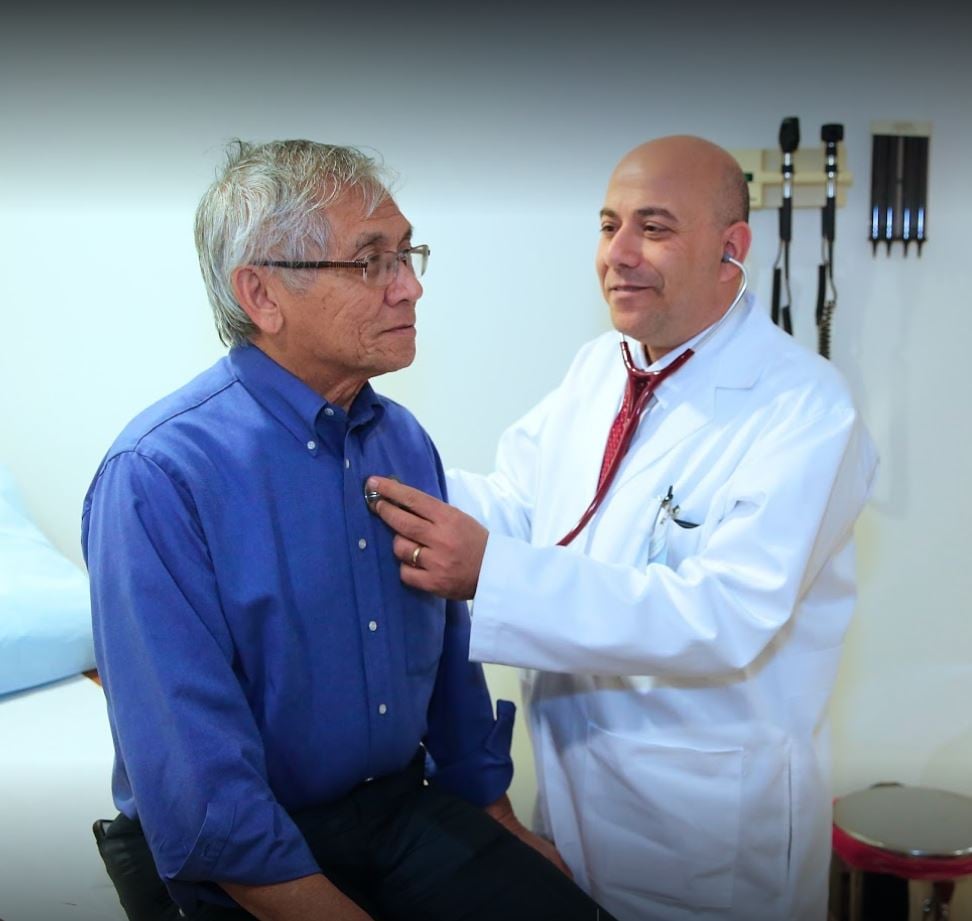
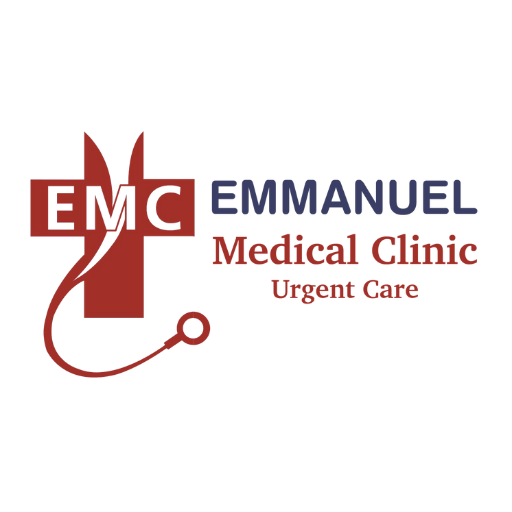

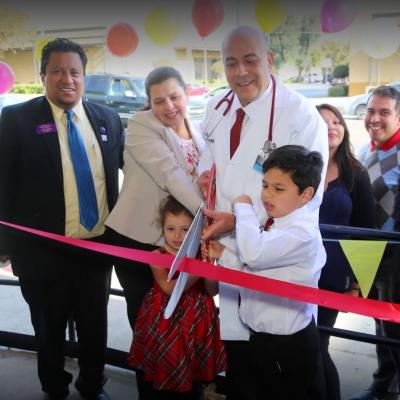

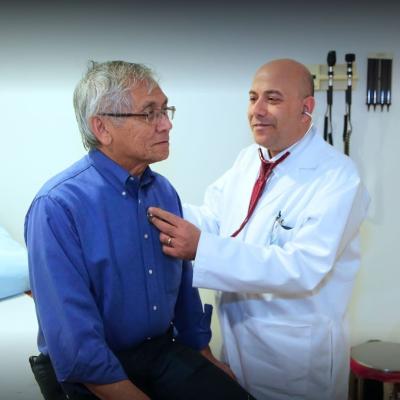


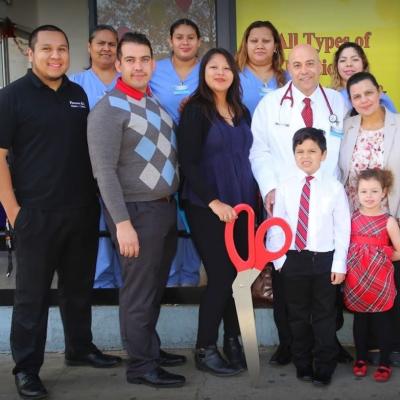


 And then Add to Home Screen.
And then Add to Home Screen.